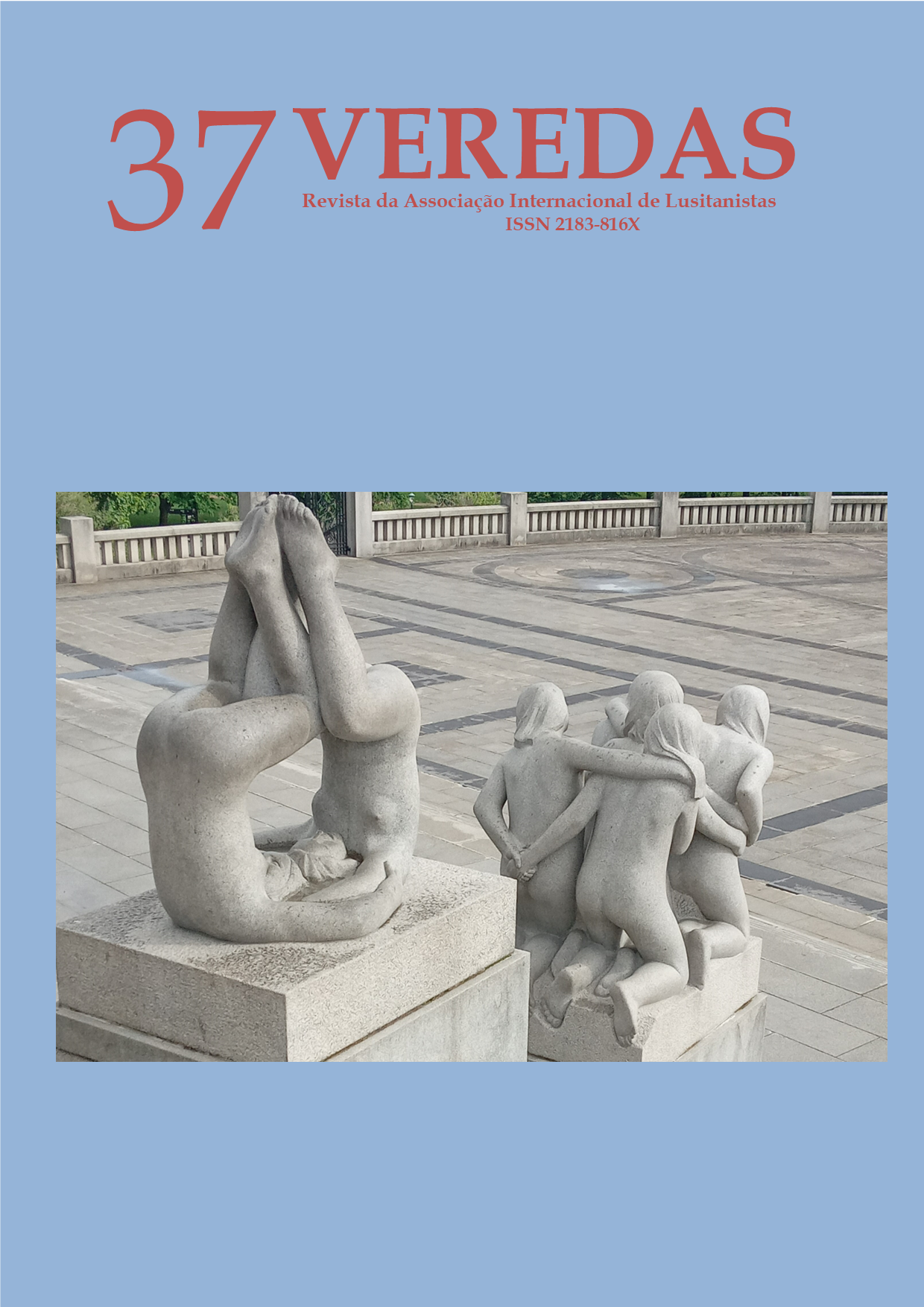Abstract
Inspired by the discovery of some letters in Portuguese archives, in which a Brazilian woman defends herself against the Portuguese Inquisition in the 18th century, Maria Valéria Rezende published, in 2019, Carta à Rainha Louca. In the novel, the narrator, Isabel, struggles to resist the violence of colonizers against women, blacks and the underprivileged, undertaking a profound analysis of social relations established in colonial Brazil. Based on the reflection on how reading and writing form the mainstay of the feminist struggle against patriarchy, which took root in Brazilian lands during colonization, this paper aims to analyze the relationship between literature and history according to the fruitful dialogue established by this book with some important themes in the work of Paulo Freire.
References
FIGUEIRÊDO, Franselma Fernandes. As fortunas eruditas e populares do Lunário Perpétuo. Imburana. Revista do Núcleo Câmara Cascudo de Estudos Norte-Rio-Grandenses / UFRN, Natal, n. 9, p. 23-35. 2014. Disponível em: <https://periodicos.ufrn.br/imburana/article/view/6257>. Acesso em: 20 jan. 2022.
FREIRE, Paulo. Pedagogia da autonomia. 55 ed. Rio de Janeiro/São Paulo: Paz e Terra, 2017.
MARCHELLI, Paulo Sérgio. As minorias alfabetizadas no final do período colonial e sua transição para o império: um estudo sobre a história social e a educação no Brasil. Educação Unisinos, S. Leopoldo-RS, v. 10, n. 3, p. 187-200, set.-dez. 2006. Disponível em: <http://revistas.unisinos.br/index.php/educacao/article/view/6060>. Acesso em: 20 jan. 2022.
MORAES, Camila. Maria Valéria Rezende: "As pessoas pensam que freiras são bobinhas. Como podem escrever literatura?". Entrevista concedida por Maria Valeria Rezende ao jornal El País. 24 fev. 2017. Disponível em: <https://brasil.elpais.com/brasil/2017/02/20/cultura/1487625634_391058.html>. Acesso em: 20 jan. 2022.
REZENDE, Maria Valéria. Carta à Rainha Louca. São Paulo: Companhia das Letras, 2019.
RIBEIRO, Djamila. Lugar de fala: feminismos plurais. São Paulo: Pólen, 2019.
TELES, Maria Amélia de Almeida. Breve história do feminismo no Brasil. São Paulo: Brasiliense, 1999.
VILLALTA, Luiz Carlos. O que se fala e o que se lê: língua, instrução e leitura. In: SOUZA, L. M. (Org.). História da vida privada no Brasil: Cotidiano e vida privada na América Portuguesa. São Paulo: Companhia das Letras, v. 1, p. 215-252, 1998.
ZILBERMAN, Regina. Leitoras de carne e osso: a mulher e as condições de leitura no Brasil do século XIX. Aletria: Revista de Estudos da Literatura, Belo Horizonte, v. 1, n. 1, p. 31-47, set. 1993. Disponível em: <https://periodicos.ufmg.br/index.php/aletria/article/view/17616>. Acesso em: 20 jan. 2022.

This work is licensed under a Creative Commons Attribution 4.0 International License.
Copyright (c) 2022 Giselle Larizzatti Agazzi, Raúl Cesar Gouveia Fernandes

